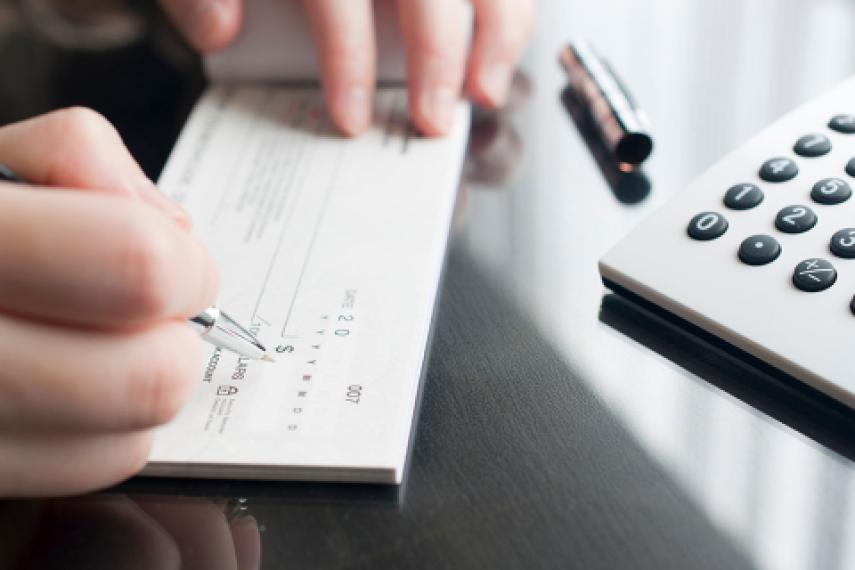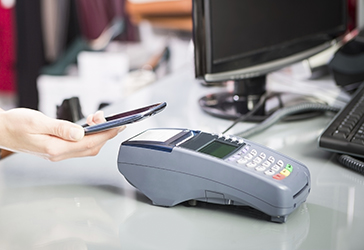
In today's digital age, it's easy to overlook the security risks associated with traditional paper checks. One such risk is "check washing," a type of fraud that can lead to significant financial losses.
What is Check Washing?
Check washing is a form of fraud where criminals alter the details on a legitimate check to redirect funds to themselves. The term "washing" refers to the process of erasing the original ink from a check using chemicals like acetone or bleach. Once the ink is removed, fraudsters can modify the check by changing the payee's name, the amount, or both, to their advantage.
How Does Check Washing Work?
The process of check washing typically begins with criminals obtaining a legitimate check through theft, often from mailboxes or during burglaries. They then use chemicals to erase the ink, leaving a blank check template. After removing the original information, they fill in new details, such as their name as the payee or a larger monetary amount.
Once altered, the fraudulent check is either cashed at a bank or deposited electronically through mobile banking apps or ATMs. Because the alterations can be difficult to detect, the fraud may go unnoticed until it's too late.
Protecting Yourself from Check Washing
Here are essential steps you can take to safeguard yourself from falling victim to check washing:
- Use Fraud-Resistant Checks: Invest in checks with security features like watermarks, security screens, or chemically reactive paper that make them harder to alter.
- Monitor Your Accounts: Regularly review your bank statements and transaction history for any discrepancies. Report suspicious activity to your financial institution immediately.
- Consider Using Electronic Payments: Electronic payments are a safer and more efficient alternative to sending checks.
- Use Gel Pens: When writing checks, use gel pens instead of regular ballpoint pens. Gel ink is more resistant to chemical washing, making alterations harder.
- Protect Your Personal Information: Avoid sharing sensitive details like bank account or Social Security numbers unnecessarily. Shred documents containing financial information before disposal and make sure that your checkbook is in a secure location.
- Enable Account Alerts: Set up alerts on your bank account to receive notifications for large transactions or unusual activity, helping you detect potential fraud early.
Check washing poses a serious threat to your finances and identity. By understanding how it works and taking proactive measures to protect yourself, you can minimize the risk of falling victim to this type of fraud. Stay informed, stay vigilant, and safeguard your finances against potential threats.





